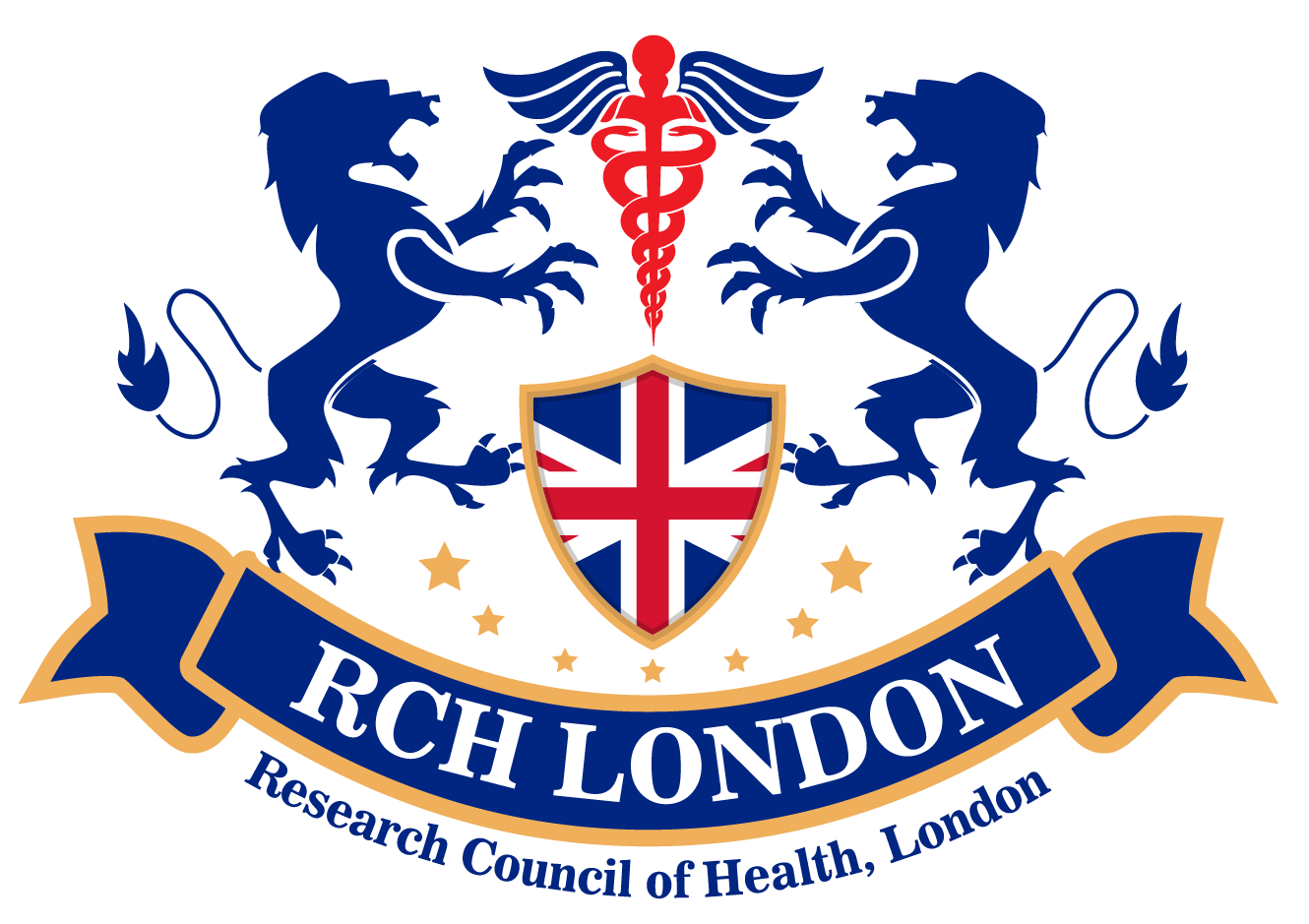

Diploma In Tropical Medicine (DTM)
Key Information Duration: 12 months / 24 months Fees: GBP £7500.00 / GBP £3999.00 / GBP £3999.00 Mode: Blended Learning
Course Key Points
Course Code: DIPTM-97865
Subject Area: Tropical Medicine
Duration: 12 months
/ 24 months
Mode: Qualification
Credit: 240.00
As
the COVID-19 pandemic has clearly illustrates, the borders that once held
diseases in check have disappeared. Tropical diseases, once confined to certain
geographic locals are no longer bound by borders. Professionals are needed in
communities around the globe to diagnosis and treat these diseases, which
disproportionality impact the bottom billion – the world’s poorest people
Diploma In Tropical Medicine is an interdisciplinary branch of medicine that deals with health issues that occur uniquely, are more widespread, or are more difficult to control in tropical and subtropical regions.Physicians in this field diagnose and treat a variety of diseases and ailments. Most infections they deal with are endemic to the tropics. A few of the most well-known include malaria, HIV/AIDS, and tuberculosis. They must be knowledgeable in the 18 lesser known neglected tropical diseases, which include Chagas disease, rabies, and dengue. Poor living conditions in underdeveloped tropical countries have led to a rising number of non-communicable diseases. These diseases include cancer and cardiovascular disease, which, in the past, have been more of a worry in developed countries. Physicians trained in tropical medicine must also be prepared to diagnose and treat these diseases.
For 12 Months
Details : 12 months (120 Credits) - Full Time - Undertaking this Diploma programme is a serious commitment, requiring weekly contact hours in addition to numerous hours of independent learning and research in order to progress at the required level. When coursework or examination deadlines are approaching independent learning hours may need to increase significantly. FULL TIME (120 Credits ) BLENDED LEARNING FEES £3999.00
Fees : £7500.00
For 24 Months
Details : 24 months (240 Credits) Full-Time Undertaking this Diploma programme is a serious commitment, requiring weekly contact hours in addition to numerous hours of independent learning and research in order to progress at the required level. When coursework or examination deadlines are approaching independent learning hours may need to increase significantly. FULL TIME 240 Credits) BLENDED LEARNING FEES £7500.00
Fees : £2200.00
Details : Part Time - £2200.00 Per Year Part-time study options often mean that the number of modules taken is reduced per semester, with the full modules required to complete the programme spread over two academic years. Teaching is generally done during the day and part-time students should contact the course convener to get an idea of when these teaching hours are likely to take place. Timetables are likely to be finalised in September but you may be able to gain an expectation of what will be required. PART TIME BLENDED LEARNING £2200.00 Per Year

